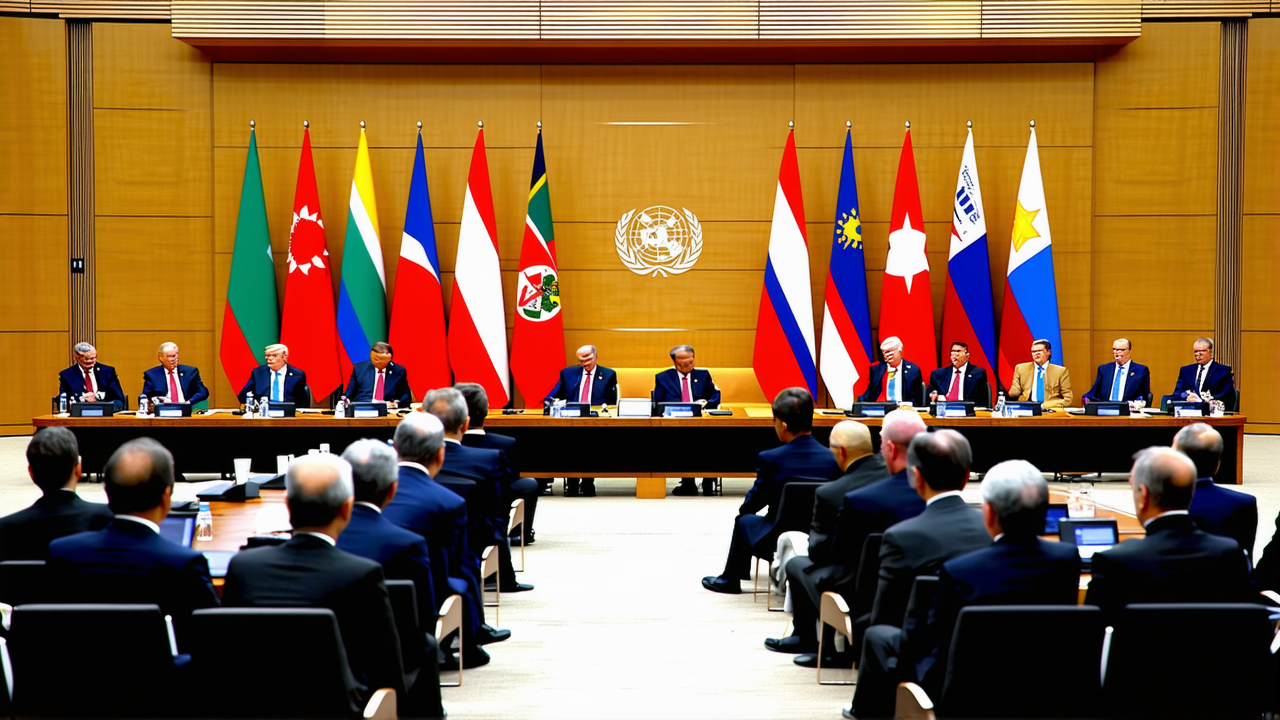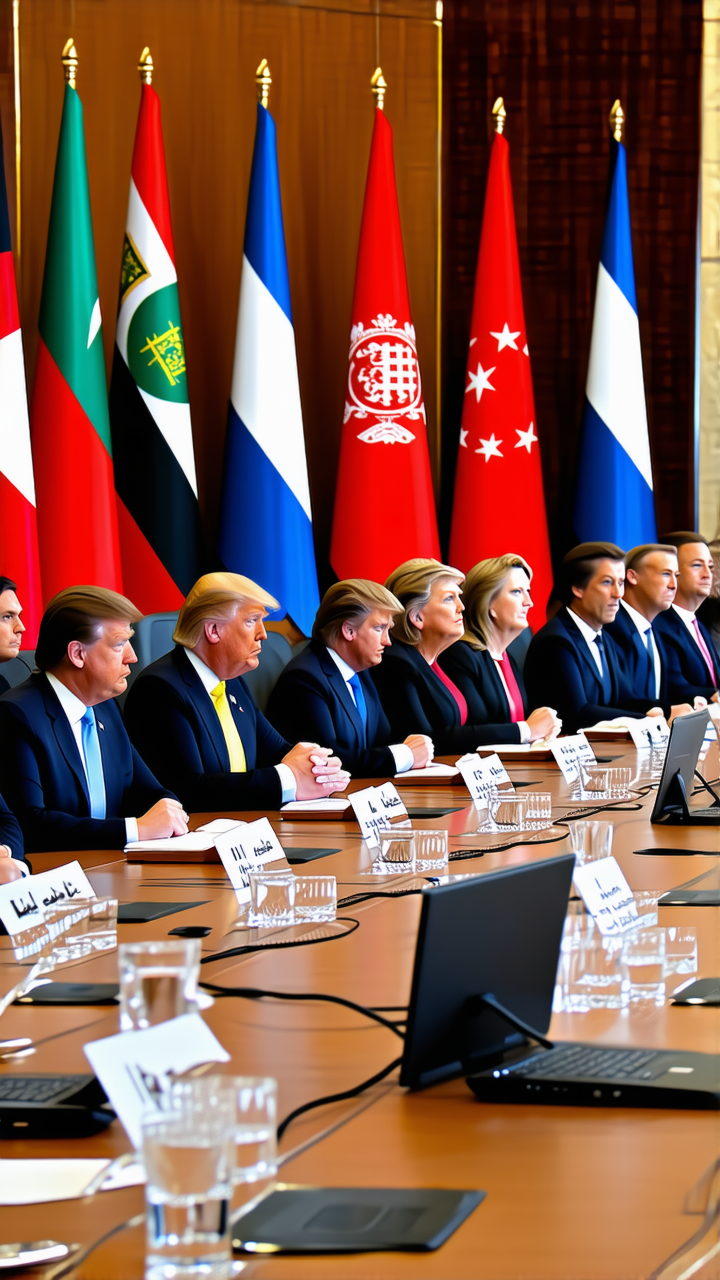What Would New Zealand Recognizing Palestinian Statehood Mean?
What Would New Zealand Recognizing Palestinian Statehood Mean?
In recent weeks, a wave of global momentum has pushed forward the recognition of Palestinian statehood, with several major countries, including Britain, France, and Canada, making public commitments to the cause. New Zealand, however, has not yet taken the same step, despite longstanding support for a two-state solution. This raises the question: what would it mean for New Zealand to officially recognize Palestine as a sovereign state, and what are the implications for both the region and the country’s foreign policy?
A Global Shift Toward Palestinian Statehood
Over the past week, several key nations have announced their intent to support Palestinian statehood. Canada, Britain, and France have all indicated a willingness to recognize the State of Palestine, with Britain even setting a September deadline for its decision unless Israel meets specific conditions. Australia, too, is reportedly close to making a similar move. These developments have put pressure on New Zealand to reconsider its own position, especially as the humanitarian crisis in Gaza continues to worsen.
New Zealand’s Position on Palestinian Statehood
Prime Minister Christopher Luxon has stated that New Zealand is not following Britain’s lead at this time. In a recent press conference, Luxon emphasized the need to focus on immediate humanitarian aid to Gaza rather than engaging in discussions around statehood recognition. “We need to put the pressure on Israel to get humanitarian assistance unfettered, at scale, at volume, into Gaza,” he said.
Foreign Affairs Minister Winston Peters, on the other hand, reaffirmed New Zealand’s long-term support for Palestinian statehood, stating it is a matter of “when, not if.” He also highlighted the need for progress on Palestinian governance, non-violence, and security guarantees for Israel before any formal recognition could take place.
What Would Recognition Mean for Palestine?
Under United Nations rules, Palestine could become a full member of the UN if the Security Council does not veto the application. However, the United States has historically opposed such moves, having previously vetoed Palestine’s membership bids. If the Security Council recommends Palestine’s admission, it would then be put to a vote in the General Assembly, where a two-thirds majority is required for approval.
Recognition by the UN would not immediately make Palestine a sovereign country, but it would significantly enhance its international standing and ability to engage in diplomatic efforts. It could also pressure Israel to reconsider its policies and open the door for renewed peace talks.
New Zealand’s Other Actions on the Issue
While not yet recognizing Palestine as a sovereign state, New Zealand has taken other steps to support the Palestinian cause. The country recently signed a joint statement with 14 other nations expressing a willingness to recognize Palestine as a necessary step toward a two-state solution. It has also joined 24 other countries in calling for an end to the war in Gaza and condemned the inhumane killing of Palestinians.
In addition, New Zealand has committed $37.5 million in humanitarian aid for the conflict and has banned several Israeli politicians from entering the country.
The Role of Global Powers and the US Position
The United States has long supported a two-state solution but has not recognized Palestine as an independent state. Instead, it recognizes the Palestine Liberation Organization (PLO) as the representative entity of the Palestinian people. Former President Donald Trump has been particularly vocal in his support for Israel and has expressed concerns that recognizing Palestine would “reward Hamas.”
The US has previously vetoed Palestine’s membership in the UN and may do so again if a motion is brought before the Security Council. This has led some analysts to believe that New Zealand may be cautious in its approach, fearing potential backlash from the US and its alignment with Israel.
Conclusion: A Delicate Balancing Act
While New Zealand has not yet recognized Palestinian statehood, the global momentum toward this goal is undeniable. The country’s cautious approach reflects a desire to balance humanitarian concerns with diplomatic and economic considerations. However, as the crisis in Gaza continues to escalate, the pressure on New Zealand and other nations to take a more definitive stance may only grow.
Ultimately, the recognition of Palestinian statehood could be a pivotal moment in the region’s history. Whether New Zealand will take that step remains to be seen, but the global shift toward this cause suggests that the time for action is rapidly approaching.

